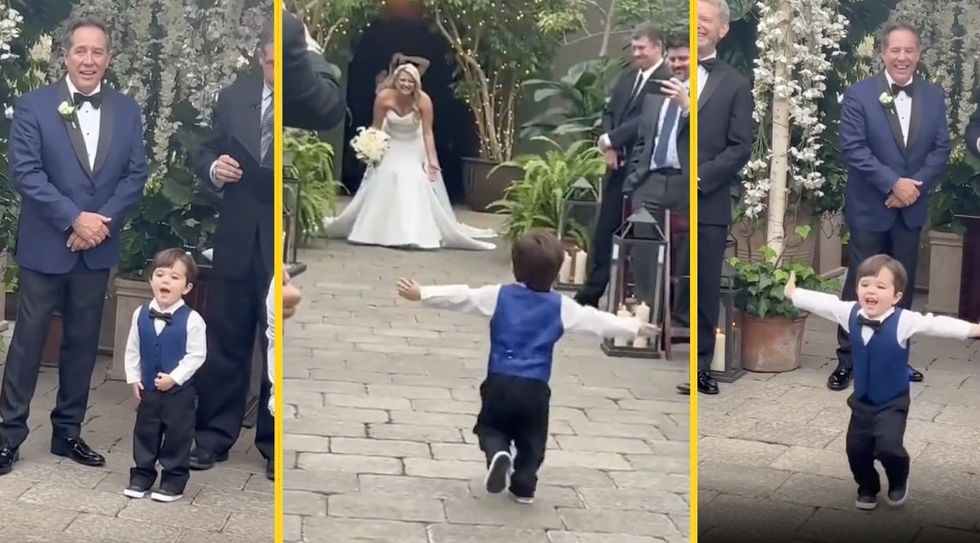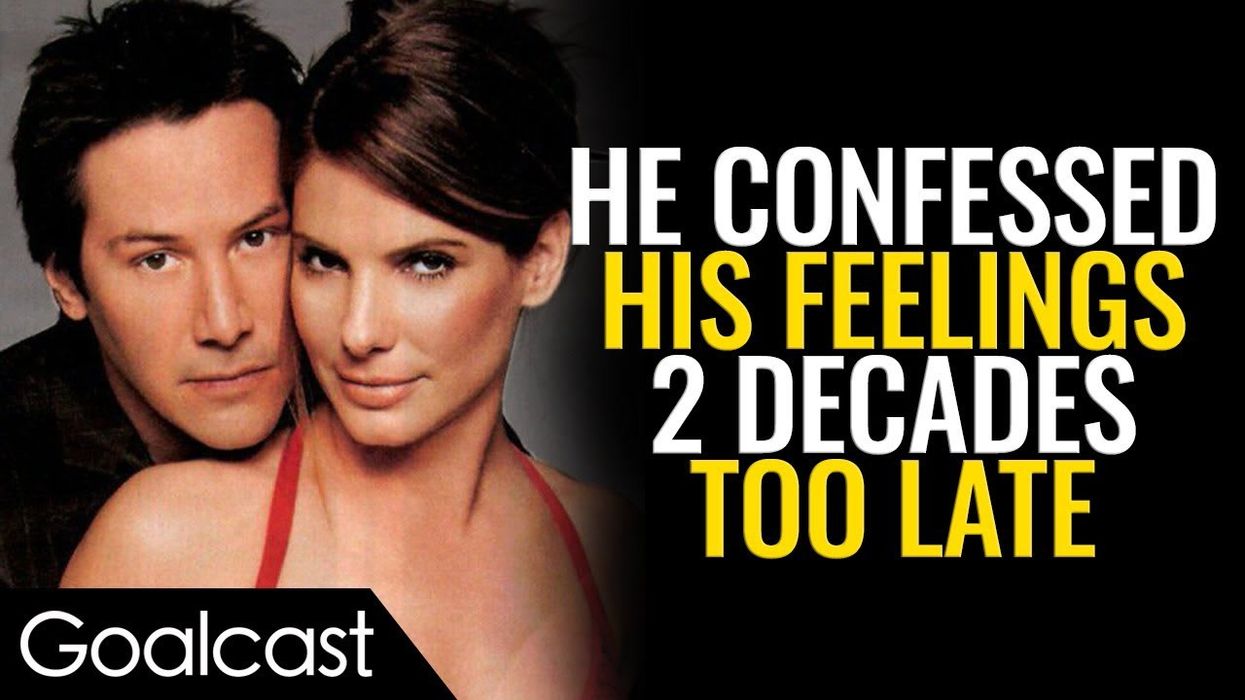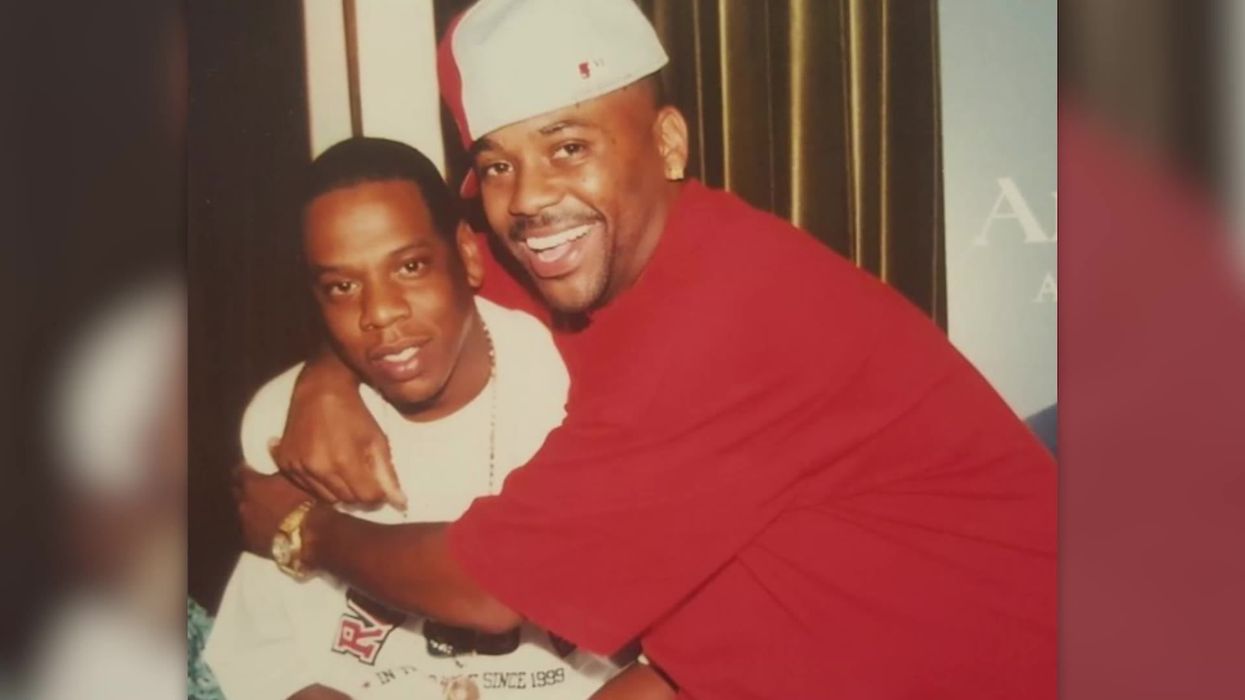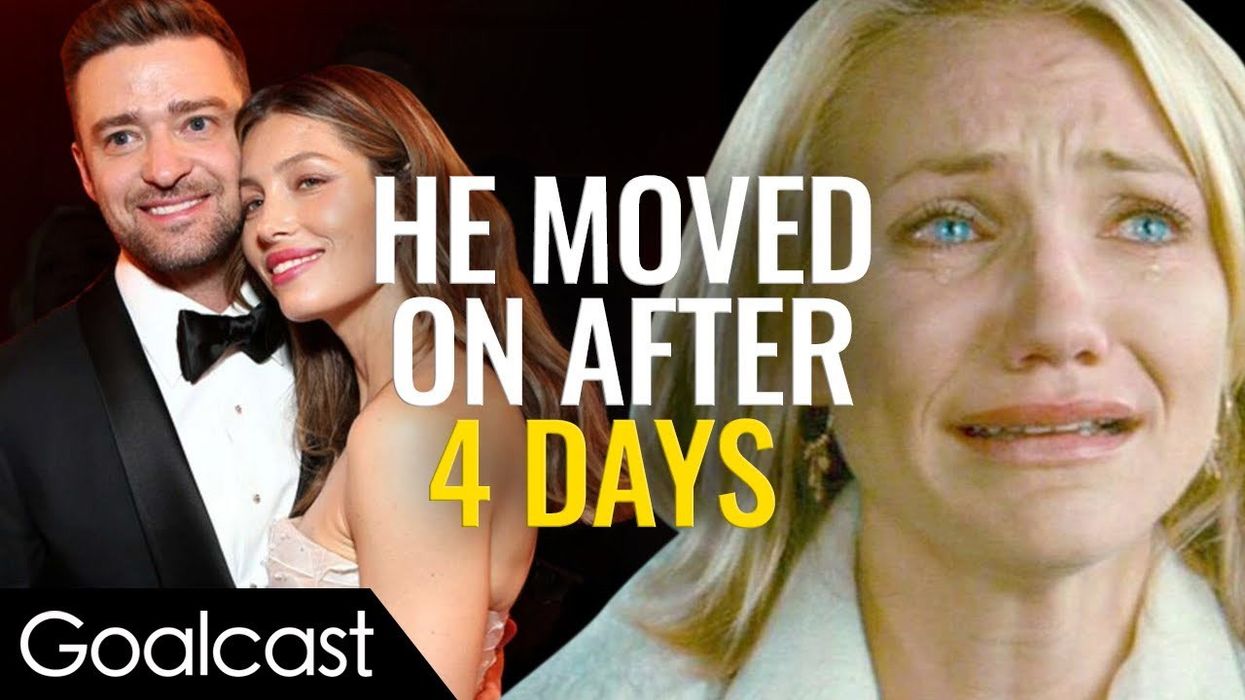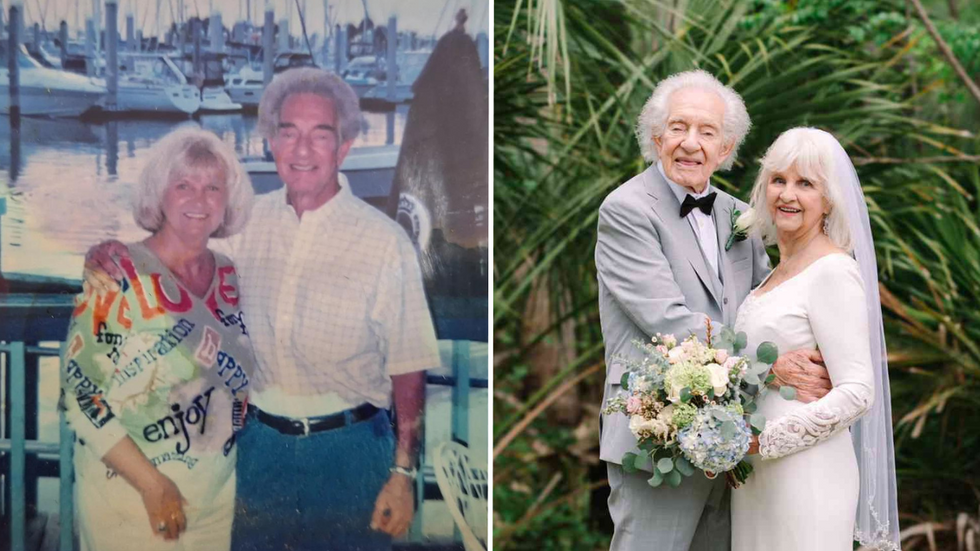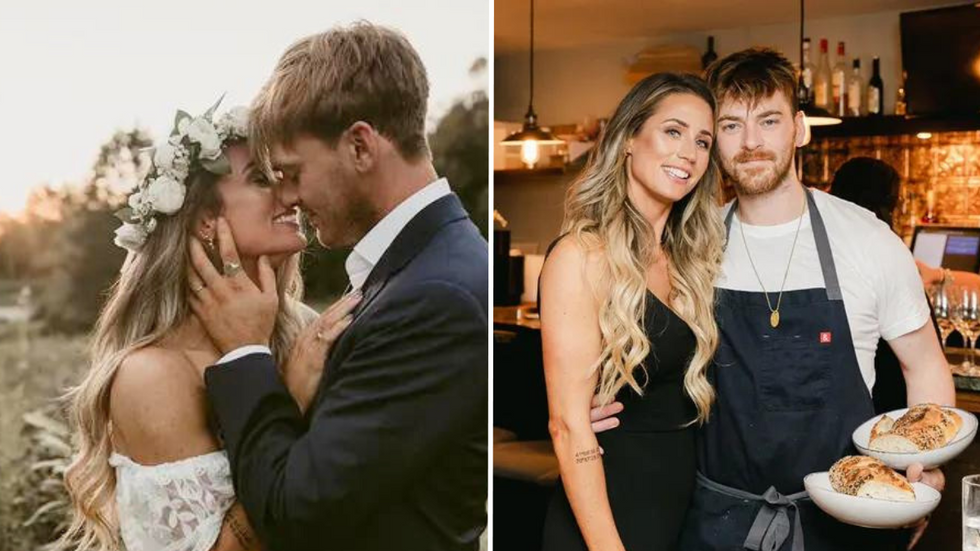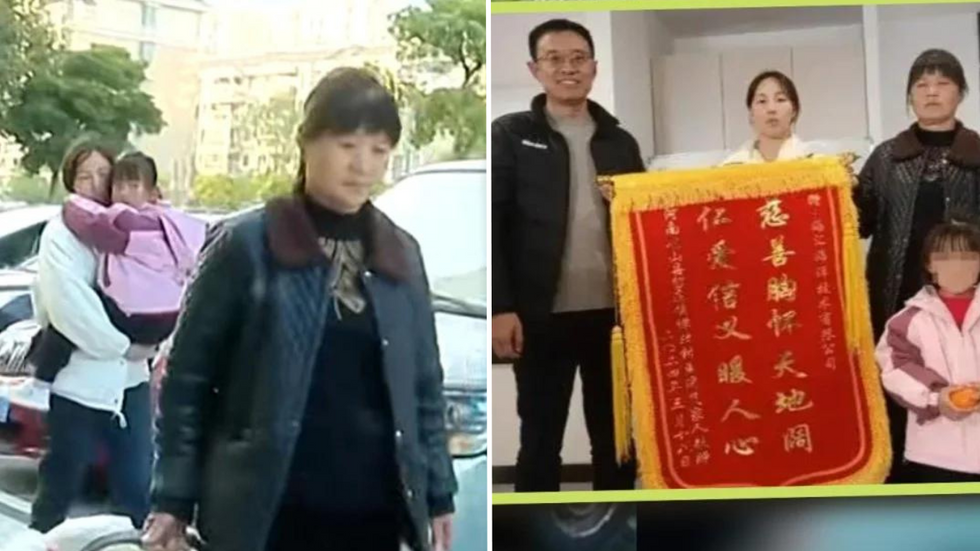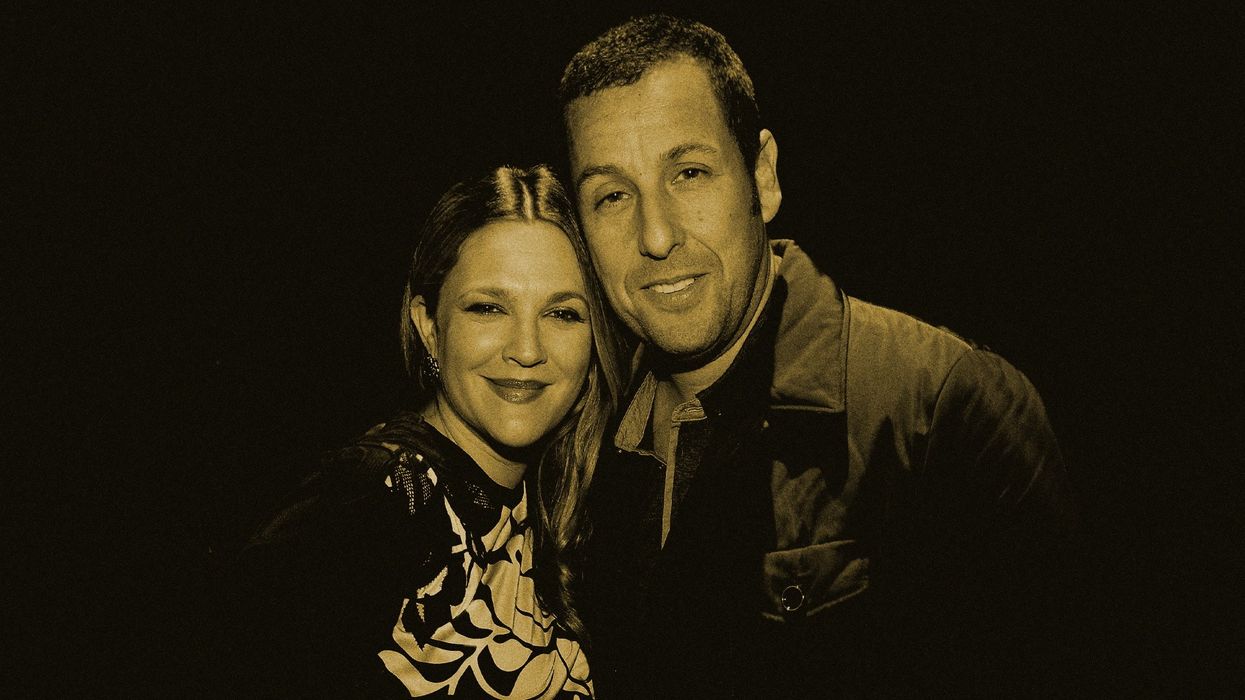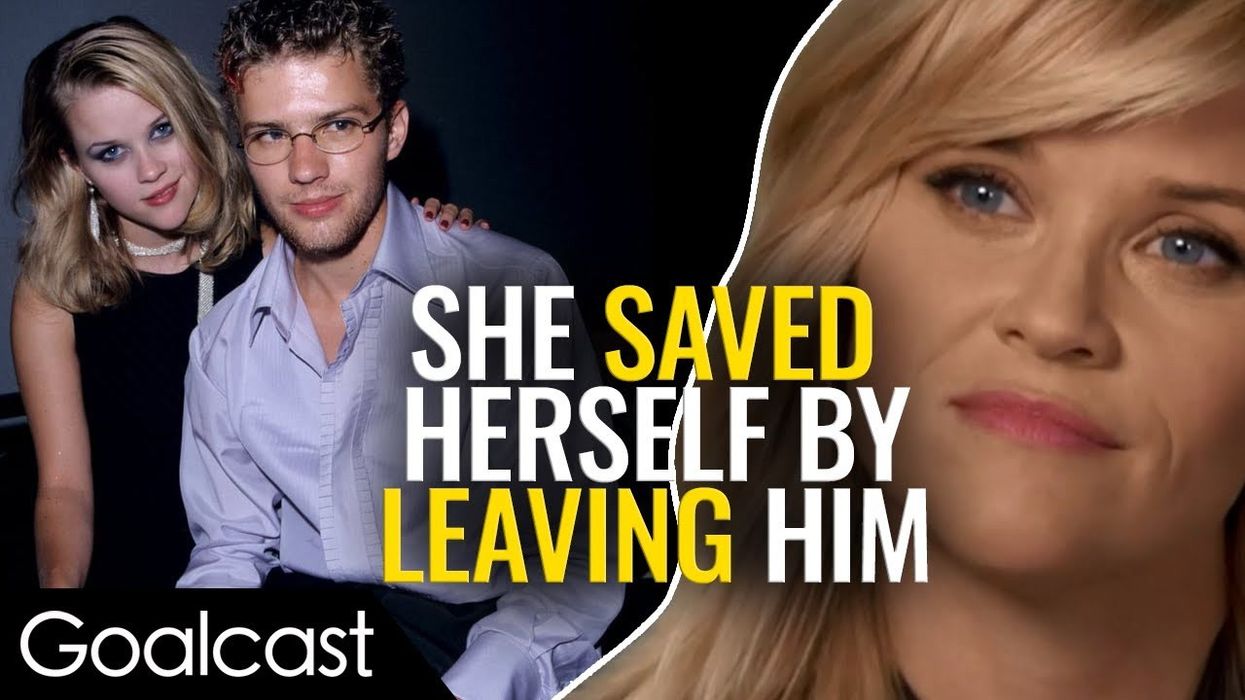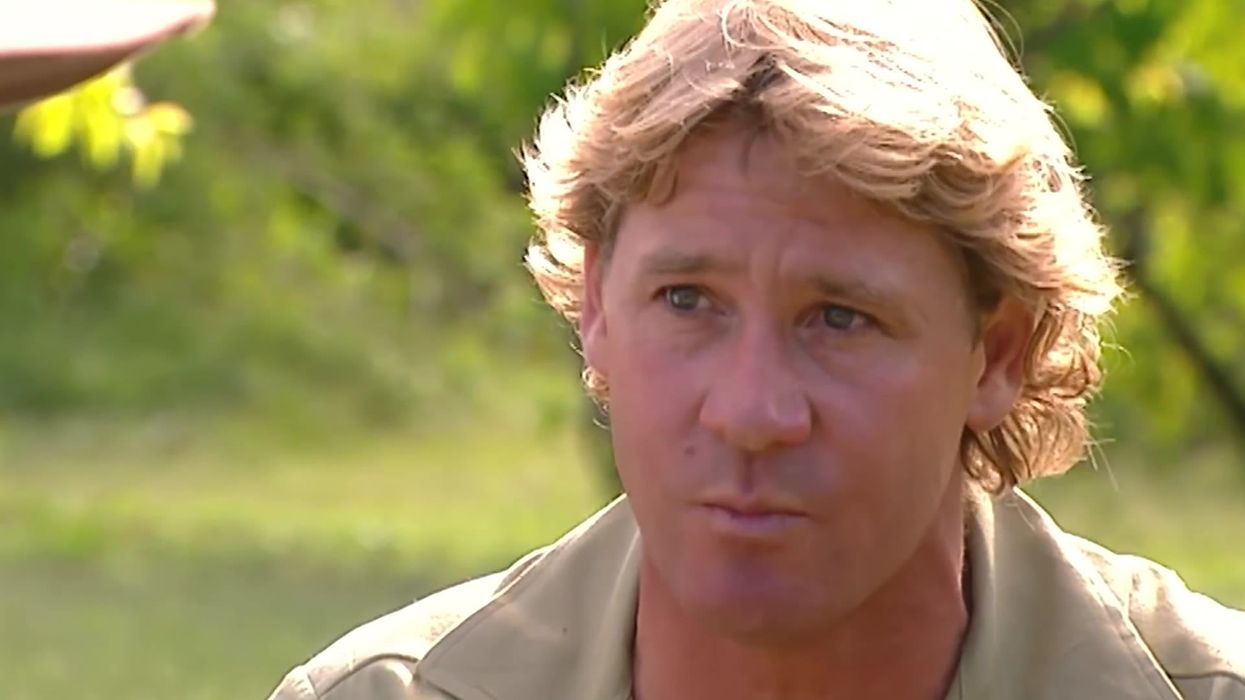
My Breakthrough Moment: Writing a Letter to My Younger Self
Dont let the past control your present. Instead, face the past head-on with a letter to your younger self, like the one I wrote.
If you’ve ever sat down to write a letter when you’re mad or upset, you know the experience can be cathartic. It’s the same when you address the letter to yourself — your younger self.
Don’t let the past control your present. If you hold onto things that upset you — even something you’ve done to yourself — it can create a cloud of negativity that follows you around for years.
Instead, face the past head-on with a letter to your younger self, just like mine below.
A Letter to My Younger Self
Dear Kayla,
You’re a full-fledged adult now, can you believe it? At 15, you wanted the years to fly by. Now, I just wish they would slow down.
It’s not all bad. Being an adult, and all of the freedom that comes with it, is even better than you imagined. The ability to make a pizza at 3 a.m. without mom asking what you’re doing. Heading off on road trips with your husband. Setting your own schedule to do what you want, when you want. I wouldn’t trade it for the world.
There are some things I wish you would have done differently, though. If only you had known then what you know now. That’s why I’m writing to you!
You don’t know it yet, but after you graduated and moved out of mom and dad’s, you struggled to find my place in the world. You bounced from dead-end job to dead-end job. You felt unsatisfied with life. Then, when you started blogging, you finally felt a sense of satisfaction — accomplishment. It took a long time to get there, though.
Be serious about school. It may not seem like a big deal now, but it will later. Listen to your teachers, strive for good grades, study for the SATs and get into a good college. It will make things easier, I promise. Education is how you challenge your thinking and become a better person.
It was in college that you learned more about meat production. It’s where you decided to give up eating meat. It’s been a great decision, and you feel healthier every day for having done so.
I don’t hold my past decisions against myself — don’t worry, you can keep the bacon for now — but I wish there were some other things I had known. Maybe if you would have changed majors, you would have been a little happier? (We both know you love writing poetry, but were too afraid to do anything about it!)
Now, you have a career you love and write poetry as much as you like – just not professionally. Who knows, maybe you’ll get there!
Though you probably should have done some things differently (i.e. branched out more and joined a few clubs and organizations), you’re right where you need to be now.
Don’t give up, even when you feel like you should. Life gets a whole lot better.
How to write your own letter
If you want to write a letter, you may not know where to start. To get a sense of what you want to get out of the letter, start with a simple goal. Maybe you want use the letter as a topic for a college essay. If this is the case, jot down some key areas you wish to address in your letter to get an idea of what points to talk about.
You may not even know what you want from the letter, and that’s okay, too. Just write!
I wanted to confront my mistakes, so I wrote about what bothered me, what I wish I had done, and where I ended up in life.
Doing this felt sort of like a diary, but because I directed the letter towards a more naïve, younger version of myself, it was easier than I thought.
After writing my letter, I felt a sense of clarity like never before. Almost like my life flashed before my eyes, though less dramatic.
The process meant I had to be honest with myself. What’s the point of writing a letter made for someone else to read? Dig out the heavy stuff.
Who can you get personal with, if not yourself?
If you plan to write your own letter, it’s crucial to detect self-deception — when you lie to yourself.

It can be easy to believe your own lies
We all want to paint ourselves and our past actions in the best light, even when it’s far from the truth. However, real growth comes from brutal honesty. Here's how writing your letter will open things up for you:
A confrontation
In writing a letter to my younger self, I can confront my decisions and gain peace. It’s over — done with. I can’t change it. All I can do is hope to get closure.
The same goes for my decision to stop eating meat. When I first discovered how manufacturers made meat products, I felt guilty for my participation. I believed, because of my purchase habits, I was responsible for the horrible conditions. I lacked compassion for my own choices, whether right or wrong.
At 15, I know I wasn’t thinking about where my food came from and how it was made. I was thinking about boys and college and getting my driver’s license.
In college, I was afraid to pursue a career that I’d really like because I didn’t know how successful I would be. Even if I worked hard, how good could it really get? I decided to major in English instead, which proved to be just fine, but I beat myself up a lot after college for chickening out.
Feeling bad for myself did nothing constructive.
In the end, I was able to write for a living, which is just what I wanted. Though it’s not poetry, I can still pick up a pad and pen whenever I please. Even though it wasn’t in the cards, maybe it will be someday.
The idea is to confront your emotions in a raw and honest way.
If you have any trouble, start with a sentence a day and work your way up to a letter.
How was your day today? How will you make tomorrow better?
Eventually, the thoughts will just flow, and you’ll have written a page in no time.
A sense of peace
If you’re exceptionally hard on yourself, you’re not alone. I’ve gone through the negative cycle of berating myself for past mistakes, even though the outcome can’t be changed. However, self-criticism can take a toll — on both our minds and bodies.
Our brains are trained to distinguish the good from the bad. When we sway from our goals or expectations, we assign a negative value to the experience.
Writing a letter to my past-self allowed me to access the more compassionate side of my brain — to analyze the situation in a new light.
We’re human, and we all make mistakes, no matter how evolved we are. The trick is to learn from mistakes in order to not make them again. So far, I think I’m doing alright in that department.
You’ve written the letter — now what?

Once I wrote my letter, I signed it, sealed it in an envelope and — stuck it in a drawer. Sorry if that’s anti-climactic, but it’s the truth.
It’s not about who reads the letter or where it ends up. It’s about the writing process. Typically, dwelling on the past is a vicious cycle, but writing is a healing process that has real benefit.
When you talk to someone, as in traditional therapy, you get the opportunity to vent your feelings and frustrations. When you write a letter to your younger self, you try to understand and learn from past decisions and emotions.
Don’t just relive past events
Focus on the emotions you felt and consider how you changed for the better as a result. This exercise can be especially beneficial for those who are introverted, like me, and prefer to keep to themselves.
Writing a letter to your younger self isn’t hard. Just pick up a pen and get going. Consider life events that have shaped who you are and how you think. When finished, seal the letter away to reflect on later. Likewise, you can toss it in the trash and consider it the end to a healing experience.
What will you write next?














